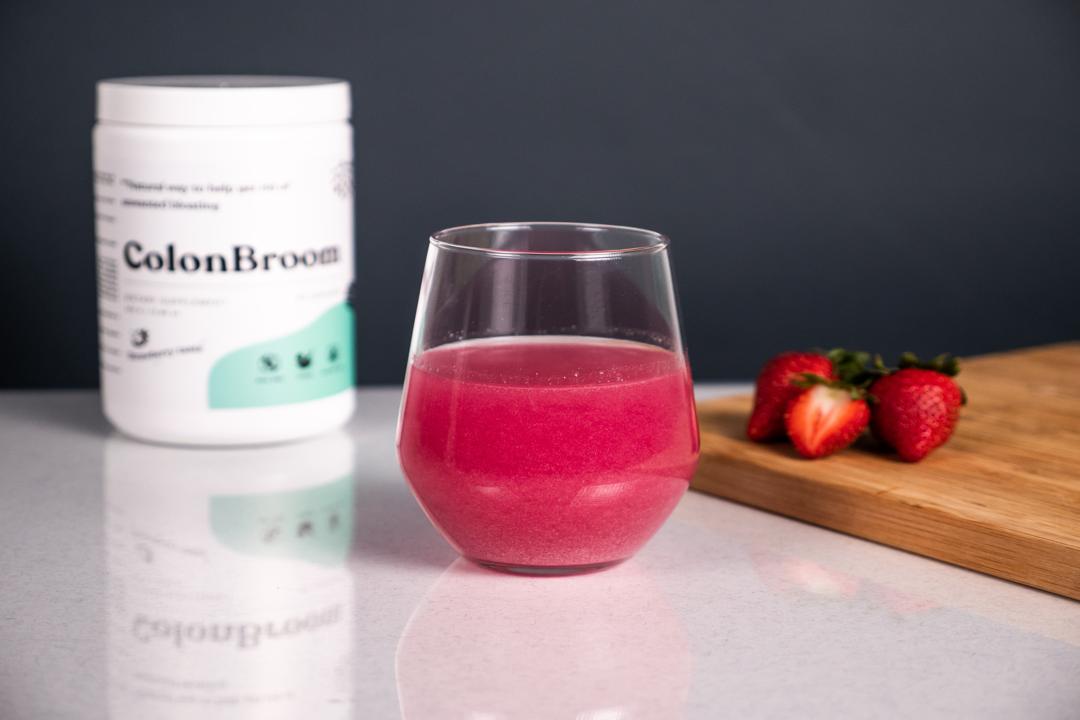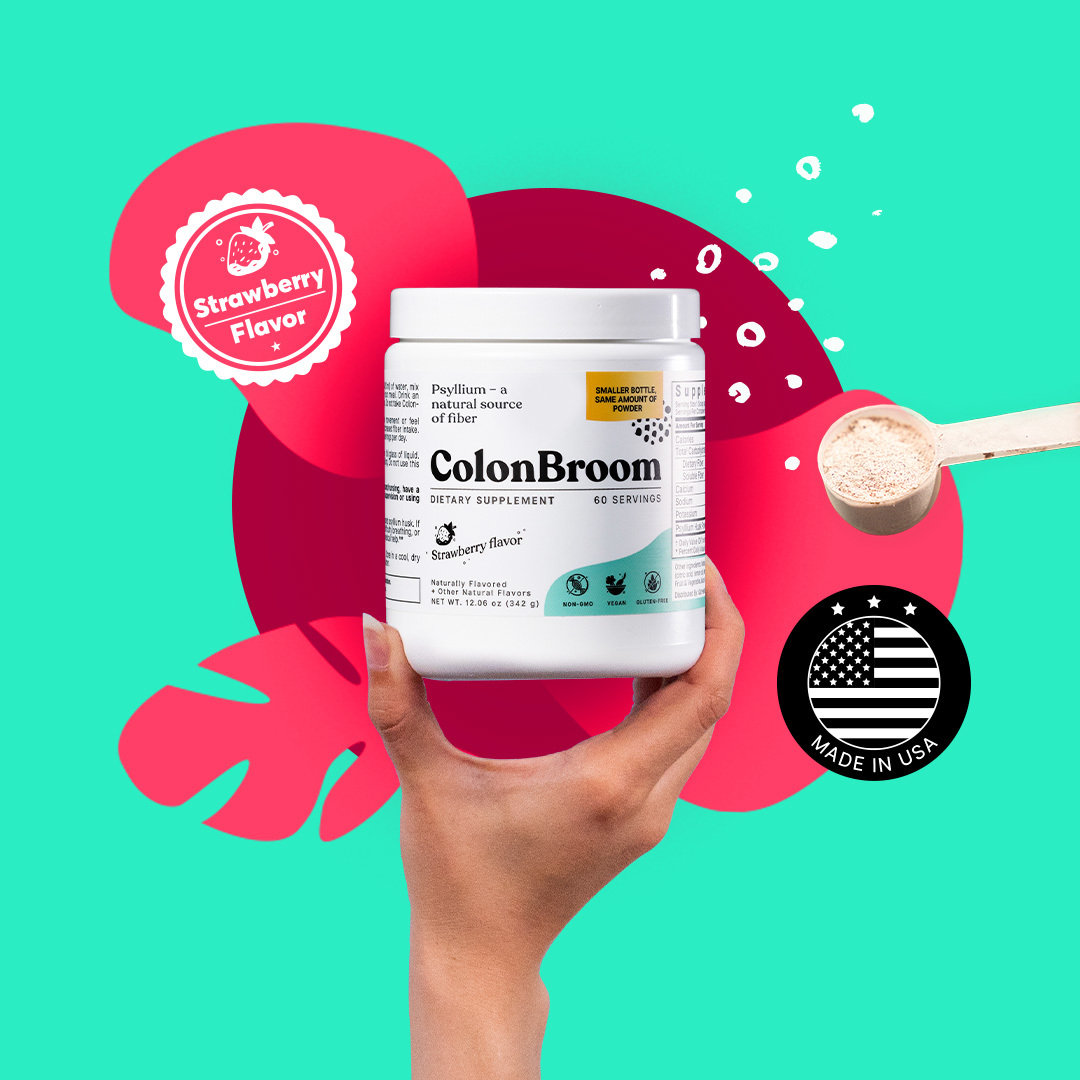The Power of Fiber: A Vital Component for Gut Health and Overall Well-Being
Fiber, often overshadowed by other nutrients, is a powerhouse essential for maintaining gut health and promoting overall well-being. By acknowledging the vital role fiber plays in our bodies, we can enjoy the benefits of a thriving digestive system and better support our physical and mental vitality. Let’s dive deeper into the topic of fiber and how one can reap the promising health benefits.
What Is Fiber?
Fiber, in the context of nutrition, refers to a group of carbohydrates found in plant-based foods that the human body cannot fully digest or absorb. Unlike other nutrients, fiber passes through the digestive system relatively intact, exerting its unique effects on our health. There are two main types of dietary fiber: soluble and insoluble.
Soluble fiber dissolves in water to form a gel-like substance, while insoluble fiber adds bulk to stool and promotes regular bowel movements. Both types of fiber play crucial roles in maintaining a healthy digestive system and supporting overall well-being.
The Importance of Fiber
Fiber plays a vital role in maintaining gut health and supporting various aspects of our well-being. One of its primary benefits is its positive impact on digestion – it provides a good foundation for smoother digestion, preventing constipation and bloating.
Furthermore, fiber is closely linked to heart health. Soluble fiber has been shown to help lower LDL cholesterol levels, the “bad” cholesterol, which may reduce the risk of cardiovascular diseases, including heart attacks and strokes. A diet rich in fiber may also contribute to weight management, as fiber-rich foods are often low in calories and can promote feelings of fullness, leading to reduced calorie intake.
Beyond its effects on the digestive system and heart health, fiber plays a role in supporting brain health and the immune system. The gut microbiome, which is influenced by fiber intake, has been associated with improved cognitive function and a strengthened immune response.
Product Spotlight
Aggregate Rating
Our Rating
ColonBroom is a potent fiber supplement designed to enhance gut health and relieve digestive discomfort. Packed with psyllium husk and other ingredients, it aids in alleviating bloating, constipation and supports smoother bowel movements. Its all-rounder program, including a diet guide, workout plan, and app, makes achieving a healthier body effortless.
Tips on How to Include More Fiber Into Your Diet
- Load up on fruits and vegetables: Incorporate a variety of colorful fruits and vegetables into your meals to boost your fiber intake.
- Fiber supplement: Consider adding a fiber supplement like ColonBroom to your daily routine for extra support in achieving your fiber goals while saving yourself the time to cook fiber-rich meals.
- Choose whole grains: Opt for whole-grain bread, pasta, rice, and cereals to add more fiber to your diet.
- Snack on nuts and seeds: Include nuts and seeds like almonds, chia seeds, or flax seeds as healthy and fiber-rich snacks.
- Legumes and beans: Enjoy legumes and beans, such as lentils, chickpeas, and black beans, in soups, salads, or main dishes.
Unveiling Different Types of Fiber
Fiber comes in two main types: soluble and insoluble. Each type offers distinct health benefits and plays a crucial role in maintaining our well-being. Understanding the characteristics and advantages of these fiber varieties can help us make informed choices in creating a balanced and nutritious diet.
Soluble fiber
Soluble fiber, as its name suggests, dissolves in water to form a gel-like substance. This unique characteristic provides a myriad of health benefits.
Firstly, soluble fiber aids in blood sugar management by slowing down the absorption of glucose, which can help prevent blood sugar spikes after meals, making it particularly valuable for individuals with diabetes or insulin resistance.
Additionally, soluble fiber supports heart health by lowering LDL cholesterol levels, reducing the risk of heart disease. Furthermore, this type of fiber promotes a healthy gut by nourishing beneficial gut bacteria, contributing to a balanced gut microbiome and improved digestion.
Insoluble fiber
Unlike soluble fiber, insoluble fiber doesn’t dissolve in water. Instead, it adds bulk to stool, facilitating regular bowel movements and preventing constipation.
By promoting efficient waste elimination, insoluble fiber supports a healthy digestive system and can alleviate digestive discomfort. Additionally, this type of fiber contributes to overall gut health by providing a physical “sweeping” action in the intestines, helping to remove waste and toxins from the body. Insoluble fiber’s impact on digestion is particularly valuable in maintaining a healthy colon and reducing the risk of colorectal cancer.
Which type of fiber is better?
While both soluble and insoluble fiber are vital for a well-rounded diet, soluble fiber, in certain circumstances, stands out for its specific health benefits.
For individuals aiming to manage blood sugar levels or improve heart health, soluble fiber-rich foods like oats, barley, and legumes are excellent choices. One particularly notable soluble fiber source is psyllium husk, derived from the seeds of the Plantago ovata plant. Psyllium husk is rich in soluble fiber, and its gel-forming properties make it an effective supplement for managing both constipation and diarrhea.
The Importance of a Healthy Gut
A healthy gut is the cornerstone of overall well-being. Its significance extends beyond digestion, as a balanced and thriving gut directly impacts various aspects of our health. A well-maintained gut microbiome, populated by diverse beneficial bacteria, plays a vital role in nutrient absorption, immune system regulation, and even mood and mental health.
A healthy gut promotes efficient digestion, preventing discomfort and digestive disorders. Moreover, it supports optimal nutrient absorption, ensuring our bodies receive the essential vitamins and minerals they need to function at their best. Nurturing a healthy gut through a balanced diet rich in fiber and fermented foods, along with a healthy lifestyle, can unlock numerous health benefits and enhance our quality of life.
Practical Tips and Lifestyle Changes
Nurturing a healthy gut and maximizing the benefits of fiber-rich foods can be achieved through simple yet impactful practical tips and lifestyle changes:
- Embrace a fiber-rich diet: Prioritize whole foods like fruits, vegetables, whole grains, legumes, nuts, and seeds in your meals. Aim to consume a variety of fiber sources, including supplements, daily to obtain a diverse range of nutrients.
- Gradually increase fiber intake: If you’re not used to a high-fiber diet, introduce fiber-rich foods slowly to allow your body to adjust. Rapidly increasing fiber intake may lead to temporary digestive discomfort.
- Stay hydrated: Fiber absorbs water, so it’s essential to drink enough fluids throughout the day. Adequate hydration helps fiber do its job in promoting healthy digestion.
- Minimize processed foods: Reduce intake of processed foods, which are often low in fiber and high in added sugars and unhealthy fats.
- Regular physical activity: Engage in regular exercise, as it can support healthy digestion and overall gut function.
- Manage stress: Chronic stress can negatively impact the gut. Practice stress-reducing techniques like meditation, yoga, or spending time in nature.
By incorporating these practical tips and lifestyle changes into your daily routine, you can pave the way to a healthier gut and overall well-being. Remember, small steps can lead to significant improvements in your digestive health and long-term vitality.

